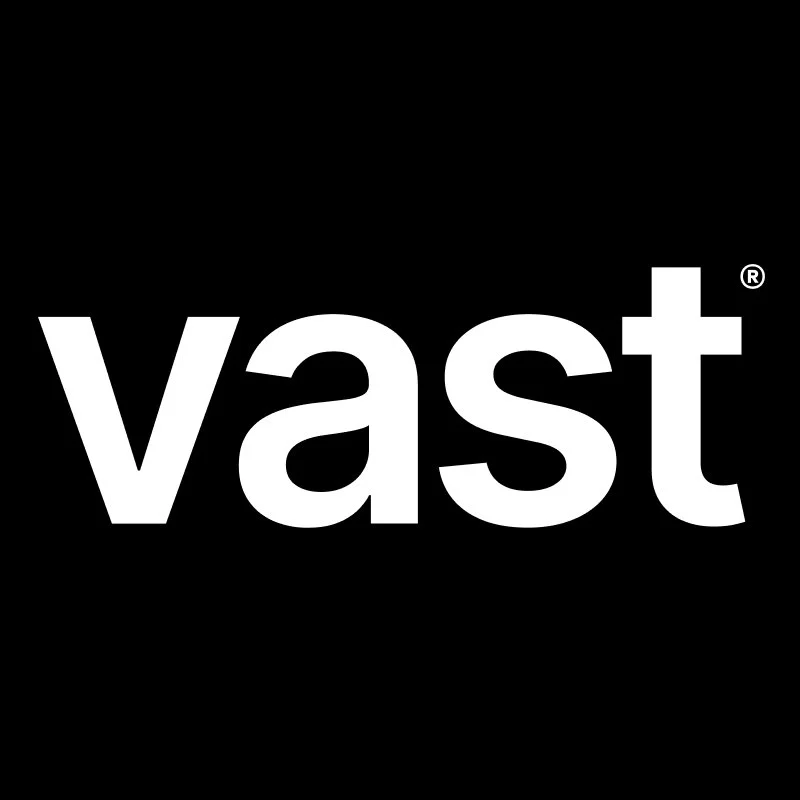The Vast Ventures Hypothesis: Proving the Power of Long-Term Ownership in Established, 'Boring' Businesses
I’ve been careful to call this a hypothesis, not a thesis.
The definition of a thesis is “a statement or theory that is put forward as a premise to be maintained or proved,” whereas the definition of a hypothesis is “a proposed explanation made on the basis of limited evidence as a starting point for further investigation.”
There is a nuanced difference, and this nuance is dangerous. The danger lies in the words “to be proved.” Those who form an investment thesis can fall prey to confirmation bias, focusing only on why their ideas must be right and true, without appropriately challenging their assumptions and assessing risks.
The prefix “hypo” in hypothesis comes from the Greek language and means “to suppose,” or, put another way, a thesis that could be wrong.
This means that, in essence, Vast Ventures is just an experiment—and experiments can fail. When you think about it, businesses are just one giant, overarching hypothesis filled with countless smaller hypotheses tested yearly, daily, and even hourly.
The difference is that most people don’t craft a robust or clear hypothesis: they string together thoughts, sprinkle in ideology, listen to opinions, read comments, follow the news, and then make up their minds and take action. This means their assumptions often go unchallenged, which increases their chances of failure. Put simply, most businesses don’t have a real plan.
I’ve had the enormous benefit of spending months slowly considering what the outcomes of this vast experiment could be. What’s most exciting is that we won’t know the answer for 20 years. By then, my young children will have left home, and in all likelihood, Artificial Intelligence will touch every part of life, genetic engineering will be commonplace, and if Elon has anything to do with it, we’ll be colonizing another planet.
So, here it is: the Vast Ventures Hypothesis.
"We hypothesize that by acquiring and holding asset-heavy, established businesses in essential industries—such as building materials—we will build a holding company valued at over $1 billion by 2044. This long-term strategy, focused on stable, lower-risk sectors with lifetime demand, will lead to steady growth and compounding returns, with fewer failures compared to high-growth sectors.
Assuming continued demand for these essential products and services, and the successful professionalization of family-run businesses, we expect to achieve this outcome while maintaining an enjoyable, people-centered experience.
However, if asset-heavy businesses prove difficult to scale, if family businesses resist professionalization, or if competition for acquisitions from other investors intensifies, this hypothesis may be challenged, and our strategy may require adjustment."
The journey to determine whether the hypothesis is right or wrong will be an adventure—filled with new friendships, intense learning, and crazy experiences—sprinkled with healthy doses of uncertainty, sleepless nights, and stress.
Above all, it’s important to remember that we’re on this adventure to better the lives of ourselves, our families, the business owners who have sacrificed to build their own empires, and their teams and their families.
Our guiding light will always be people before money, and despite the uncertainty of the hypothesis, one thing is certain: we will build something we’re proud of.
Enjoy the ride.

